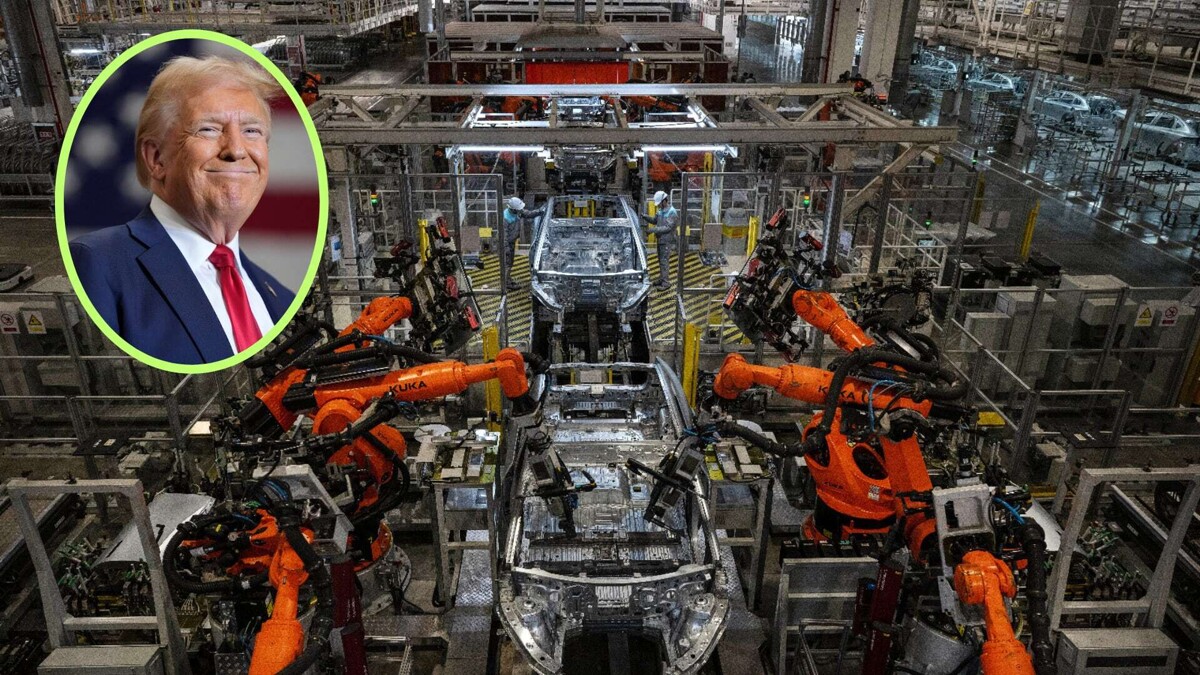
A rise in steel prices could jeopardize thousands of jobs and affect the competitiveness of Mexican manufacturing. The automotive industry, highly vulnerable to tariffs on steel and aluminum, is concerned about the imposition of a 50% tariff on Mexican exports of these materials by the United States, scheduled for March 12. This measure threatens not only the automotive industry but also the economy of Mexico in general.
The Employers' Confederation of the Mexican Republic (Coparmex) has warned about the possible devastating effects that tariffs could have on the manufacturing, construction, and international trade industries. Although the measure is not specifically aimed at Mexico but at all imports of steel and aluminum, past experiences suggest that the effects should not be underestimated, according to the employer organization.
The president of the Commissions of Nearshoring and Foreign Trade of Coparmex Mexico City, Edmundo Enciso Villarreal, warned that the Mexican automotive industry is already on high alert due to the tariffs. The increase in production costs arising from them would directly impact the final prices of cars manufactured and exported from Mexico to the United States.
Enciso Villarreal also pointed out that Trump's tariff policy compromises the supply chains of the automotive sector. The industry, which generated more than four million vehicles and exported 80% of its production last year, would be particularly affected by these measures.
Coparmex suggests that the Mexican government take urgent measures, implementing effective negotiations to protect the Mexican manufacturing sector and proposing strategies to reduce vulnerability to unilateral decisions. Furthermore, there is an emphasis on the need to diversify markets, strengthen the national steel industry, promote technological innovation, and adopt proactive trade diplomacy.
The imposition of tariffs in 2018 led to retaliation from Mexico, Canada, and the European Union against the United States. The automotive industry, which is particularly affected by these tariffs, could face serious consequences in its production lines if adequate measures are not taken to adapt to a changing international environment.













